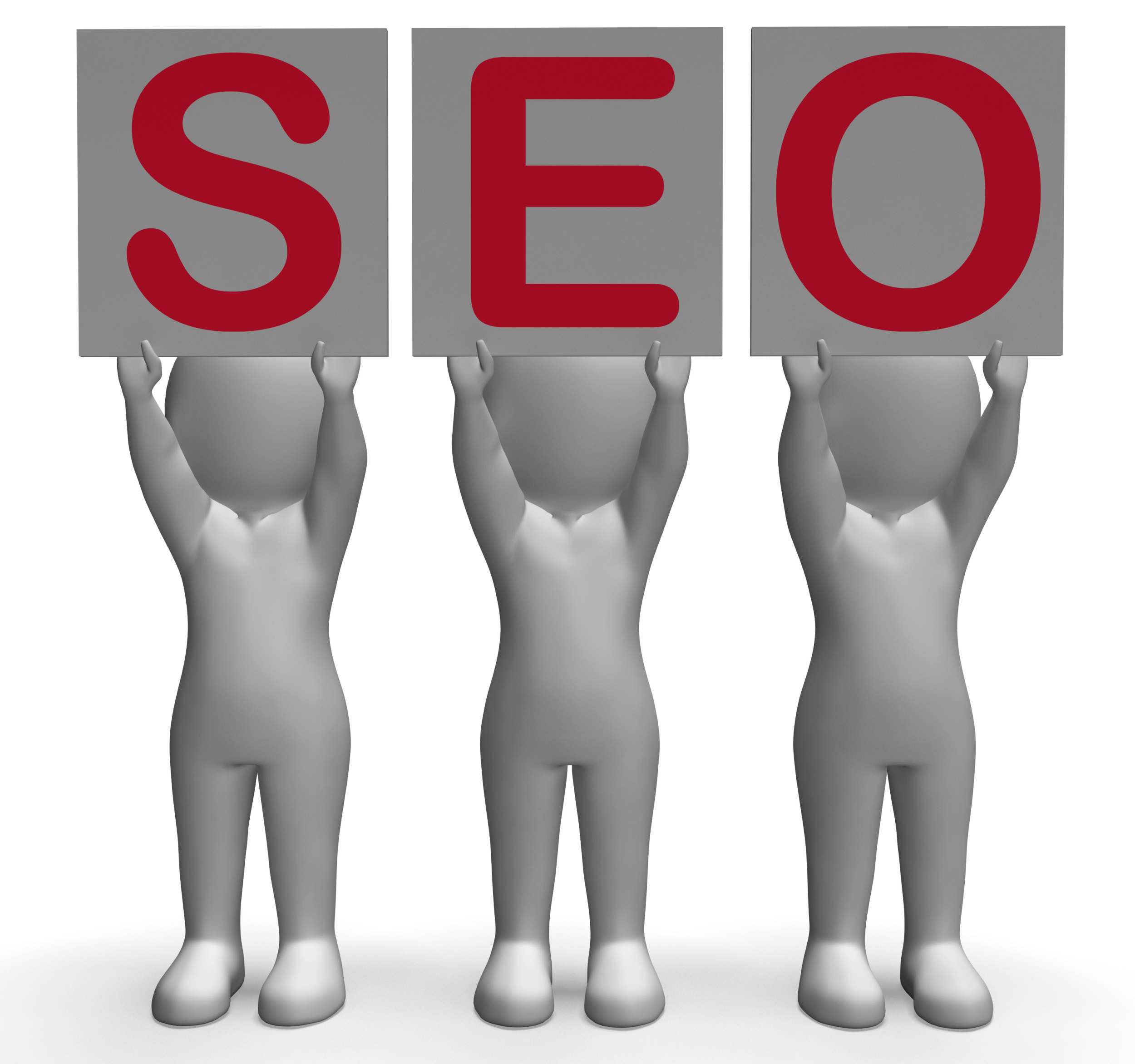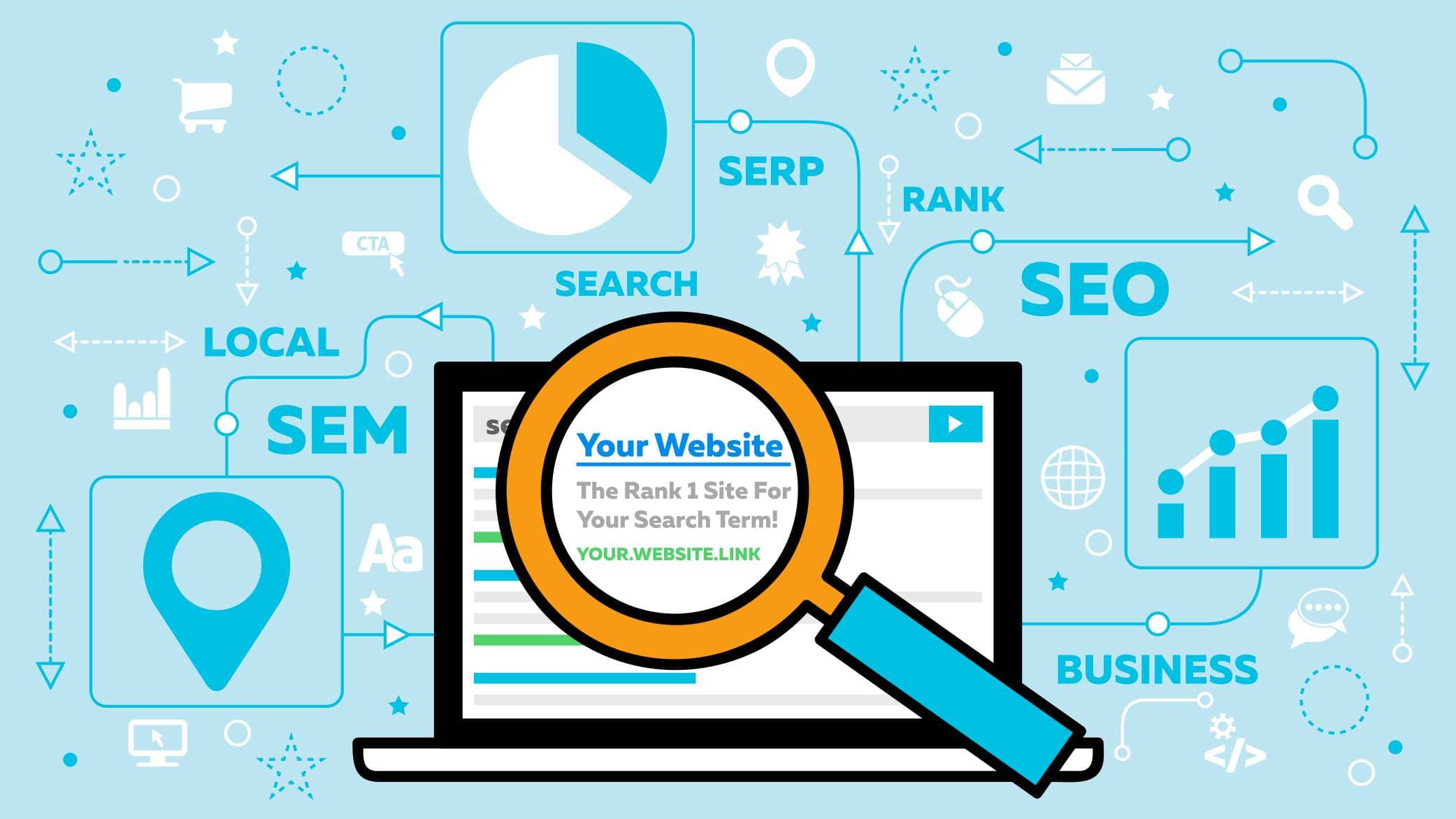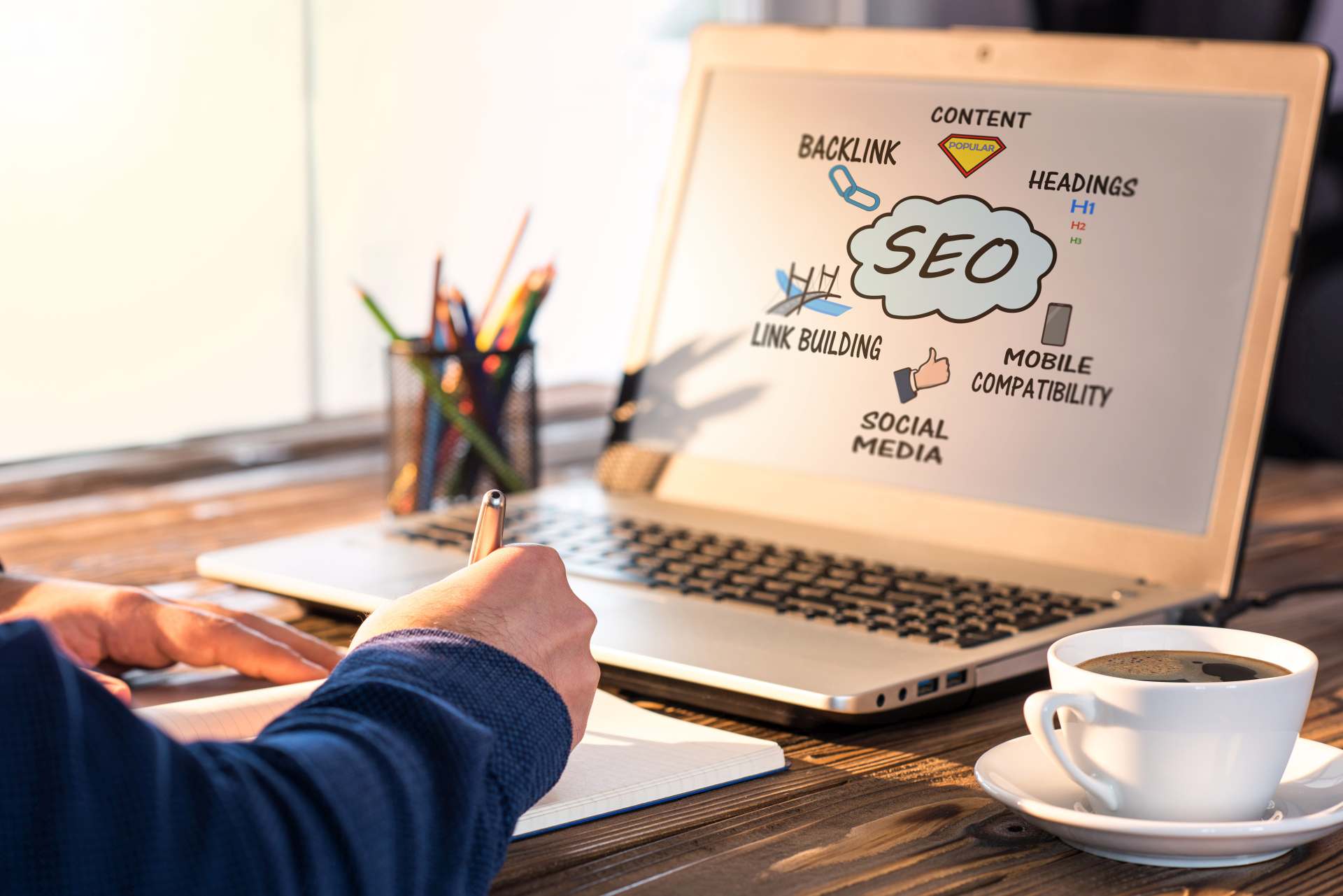What is it worth to rank #1 in Google search?

There are good reasons to ask this question. For many businesses, this question comes up as they struggle to increase their ranking towards the first page of search engines. Calgary SEO experts will tell you that ranking on the first page of any search engine is all about quality SEO, and they are not wrong. If you are looking for a magic dollar amount, you might be disappointed. There are so many variables that go into figuring out the net worth of ranking #1 that the answer is different for every business, even those in the same industry or niche.
What Does “Worth” Mean to You
Another hurdle is the word “worth.” The range of new visitors to your site should swell by 32-42 percent based on research that analyzes the CTR – Click-through-rate – of #1 ranked sites on Google and Bing. What is that worth to your company, and what is the actual number of visitors? Both of those questions boil down to site analytics and keyword phrases, which are the cornerstone of quality SEO. So, to define “worth,” we should look at SEO.
Earn Your #1 Position on Google Search!
It is a good idea at this point to mention that everything in marketing should be measurable. It will be handy to look at how your site does and for you to collect some data such as monthly visitors, the bounce rate, and Click-through-rates. It is also helpful to remember that a search engine ranking is created by artificial intelligence which uses a (mostly) secret algorithm. We know them by many names – Penguin, Panda, and a few others – Google has unleashed.
That little fact makes all of the data about your site relevant. One thing that a Googlebot is going to look at is how long people stay on your website. If you have a boatload of visitors, but nobody is staying for more than twenty seconds. The Googlebots are going to assume that your site is not what people want based on THEIR keyword search. BING, Bang, BOOM, most likely demote your site. That little example is to illustrate the value of site data. Remember that search engines base ranking on personal experience and how the algorithm interprets that experience.
Getting to the top of the first page on Google Search is difficult. Once you are there, there is no guarantee that your site will stay there. Everyone underneath you is vying for that spot, and understanding how you got there is crucial if you plan to keep that coveted rank. In fact, it boils down to SEO, site usefulness, and the personal experience that visitors to the site have. If your site struggles to rank anywhere in the top five pages, the problem(s) lie in one or more of those three topics.

SEO – Broken Down to Matter
Google and other search engines care about user experience. They want users to find what they are looking for quickly and without a lot of fuss (low bounce rates.) You might have the best keyword, but if it is not relevant to your site or your site’s content. It is not relevant to those people who visit. So, getting to rank#1 is not specifically about having the best keyword or keyword phrases. It is about having the best keywords and phrases that match perfectly with the content that supports them. By achieving that match, you gain a considerable amount of positive user experience, and the Spiders will reward your site by ranking it higher.
If you are a company that struggles to try to improve search ranking but is always low ranking on search, then you might look at the value of your content in relation to the content of higher ranking sites. While content is king, it is not the only factor that goes into a first-place ranking. Other considerations can include site design, niche competition, the relevancy of keywords, optimization, the amount of content on your site, quality backlinks, and many other (secret) attributes. As a top SEO Company, we see that struggle every day.
Why does all of this matter?
Hitting the first place on Google Search means a 32-42 percent increase in traffic. Not just traffic but traffic that is prepared to trust your brand. We know from various studies around the internet that the top ranking sites on Google Search tend to have about 32% more traffic and on other search engines that number climbs to around 42% on average. One of the “worths” of ranking #1 on Google is 32% more traffic (generally.)
That’s 32% more opportunities to sell. What is that “worth” to your company? Sounds good, right! Well, it gets a little better. Not only is your site traffic going to go up, but those people who visit your site are going to be more willing to trust your brand and your company only because you are ranked #1 on Google Search. Broken down, that means you should have an easier time selling to your new visitors. It says that your content has proved valuable to their needs. Search is always based on a question – A problem – that a searcher is trying to solve. From here, it begins to get into buyer persona and inbound marketing. So, let’s have a look at those terms.
Inbound Marketing and SEO
Inbound Marketing meshes the physical side of SEO with the Psychological aspects of online search (solving that problem.) Whether your company is B2B or B2C, the people hitting your site are searching for a tool to solve a problem. Physically, they are entering a search phrase into a Search Engine, and your company is showing up in the search results. At this point, they may click and bounce or click and stay, or not click at all. Visitors base that decision on your site position in the search, the relevancy of your meta descriptions or alt text on a photo. In short, does your alt text or meta description lead them to believe you can solve their problem?
A bounce occurs when they think you can solve their problem, but your content or site is not what they need. The Spiders look at this and conclude that your website is not relevant to users expectation. It can also be that you have all the best content, but it is cumbersome to find ( bad site design). An extended stay can mean that the visitor finds answers to their question and is moving down the sales funnel – General info > Deeper info > Conversion. Any SEO Company will talk to you about the sales funnel, which is a set of options for visitors to your site to find the level of information they need to decide if using your product or service to solve a problem.
In short, what is your product or service and do you have content that appeals to those who are looking for generalized information as well as those who want more in-depth details about your product or service, and those who are ready to buy? We mentioned bounce rates and extended stay. A visitor will bounce if your generalized information is not what they need. If you meet their requirements, then they will look for more information that explains more about the product or service in more detail. What’s physically happened is that the visitor has not bounced but is lingering – They have moved down the sales funnel. If the mid-range info on your site is excellent, they may decide that your product or service fits their needs and helps them solve their problem. In short, they have purchased a product.

That action is also why we talk about click-through-rates. You have 1,000 visitors, and 32 percent click-through. That’s 320 visitors that have moved from the general pool to the deeper pool, and of those in the deeper pool, a percentage will dive deeper and make a purchase. That 32 percent is what most sites which rank #1 on Google Search experience in new traffic and each of those new visitors are more willing to make a purchase. That is a tremendous “worth” for ranking #1.
If you are ranking #1 in Google Search, then you are ticking off many of these boxes for searchers. They are finding what they want, looking for more information, which you provide, and then converting from visitors to customers by making a purchase. Increased conversion is another “worth” of a top place ranking on Google.
What Else Does Google Look for When Ranking Sites?
The type of traffic to your site is also essential. Is your traffic type lopsided? – Too much organic traffic, not enough ad traffic, etc. Google does not come out and say this, but many top SEO experts believe that better ranking occurs with a healthy and mixed audience of organic and ad-based traffic. It comes down to in-bound marketing and quality SEO. It involves keyword research, ad budgets, understanding CTR and CPC, and a myriad of other data that all combine to help your content reach a viable audience. Monetarily, many firms that evaluate the monetary value of sites look closely at the type of traffic and its sources. Too much of one kind, regardless of sales, can hurt the monetary value of your website or company. That is another way that “worth” impacts ranking.
You can have a # 1 ranking on Google and still not receive a high monetary value for your site simply because of the type of traffic the site attracts. The reason being is that when a website is too rich in organic traffic or ad-based traffic, and the market changes, then the site loses revenue. That “risk” impacts “worth.” So, while many companies vie for a top Google ranking, they fail to blend their market or search traffic to obtain a balanced and healthy set of sources for traffic. That is something that high-grade SEO and in-bound marketing address. It is something our company addresses on a site-by-site basis. Every site is unique, as are the challenges and pitfalls it faces to rank #1.

So, What is it “Worth” to Rank #1 in Google Search?
Increased traffic that can lead to increased sales – A monetary gain.
A tweak in customer behaviour in that 32-42% of your new traffic will almost automatically trust your brand more due to its top-ranking position. – Makes it easier to sell to them.
Can improve the monetary value of your site or company due to increased traffic and potentially better sales
Increase in Leads – More people want more information and may convert from visitor to customer
Potentially better CTR from visitors (30% on average)
What does this mean for your company? A lot depends on your market and your competition and how well you fit into that market. It is worth more if your market is healthy and less if it is thin. Other factors that impact the “worth” of ranking #1. Include how well your company converts leads into sales, customer service, the ease in which a potential customer can ask a question and receive an answer that matters to them. For a more personalized response to how ranking can add value to your site, reach out to SERPs SEO.
